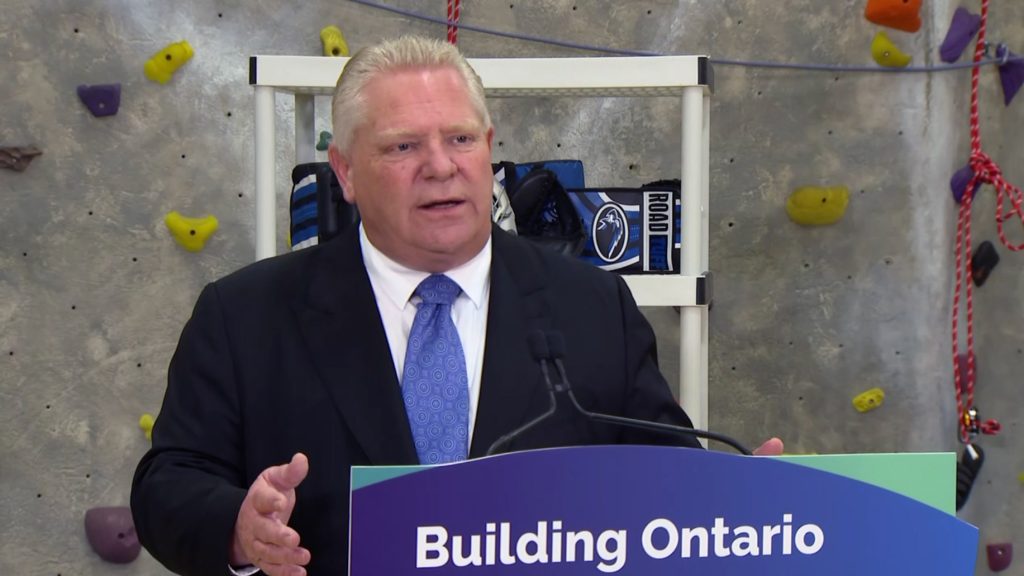Oklahoma Family Fighting TransCanada Efforts To Build Crude Pipeline On Its Land
Posted January 17, 2011 2:52 pm.
This article is more than 5 years old.
An Oklahoma family is fighting TransCanada Corp.’s efforts to build a crude pipeline through its land, arguing a foreign company has no right to use its property without consent.
A.L. and Dollie White bought a farm near the Texas-Oklahoma border about seven decades ago, land their heirs are now being forced to sell to make way for the pipeline under a U.S. law called eminent domain.
“The land has been in the family since back in the ’40s. My dad was blind, and my mom and us children, we worked, made a living, paid for the land, and it means everything,” said the Whites’ daughter, Sue Kelso, in an interview.
“It has a lot of sentimental value to us because of how we had worked.”
Kelso, 69, said her parents “would have felt the same way” if they were still alive.
Family members have filed a court challenge to Calgary-based TransCanada’s use of eminent domain to construct the pipeline on part of their land.
Eminent domain means the state can force landowners to sell their property for public use.
Harlan Hentges, the lawyer representing the family, said a foreign corporation cannot legally take land against the owner’s will. Although TransCanada is conducting its business through a U.S. subsidiary, it should still be considered Canadian-owned, he added.
There are also doubts as to whether the pipeline would be in the public good.
“The use of this is not for the benefit of anybody in Oklahoma or Nebraska or Kansas or any state that the pipeline goes through. It’s for the benefit of TransCanada, and perhaps for the development of Canadian resources,” Hentges said.
“Everybody hates it whenever government or big business comes in and takes their land by force. Every landowner hates it. And they only put up with it whenever they think that it is for a legitimate purpose, by a legitimate entity.”
TransCanada does everything possible to avoid using eminent domain, and seeks to treat landowners “with respect and in good faith,” company spokesman Terry Cunha said in an email.
“In acquiring easements from landowners, we offer the full market value of the property, in exchange for which we receive limited rights to construct and operate a pipeline below ground,” he said.
“We do not get ownership rights and in most cases, the landowner is able to continue to utilize the land just as before the pipeline was constructed.”
TransCanada’s Keystone XL pipeline would connect oilsands crude to refineries along the U.S. Gulf Coast.
Environmental groups have been fighting the pipeline because it would carry oil they say has a worse environmental impact than crude from elsewhere. Some landowners along the route have expressed concern over what effect a pipeline leak could have on key drinking water sources.
TransCanada has said its Keystone XL pipeline from Alberta to the U.S. Gulf Coast would create jobs, bring billions into government coffers and reduce U.S. reliance on oil from the Middle East.
The American Petroleum Institute, an energy-industry lobby group, has wholeheartedly supported Keystone for its economic and national security benefits. The issue has figured prominently in a recent ad campaign by the group.
TransCanada expects the U.S. State Department to grant approval for the line some time in the beginning of this year. The project needs State’s approval, since it crosses the Canada-U.S. border.










